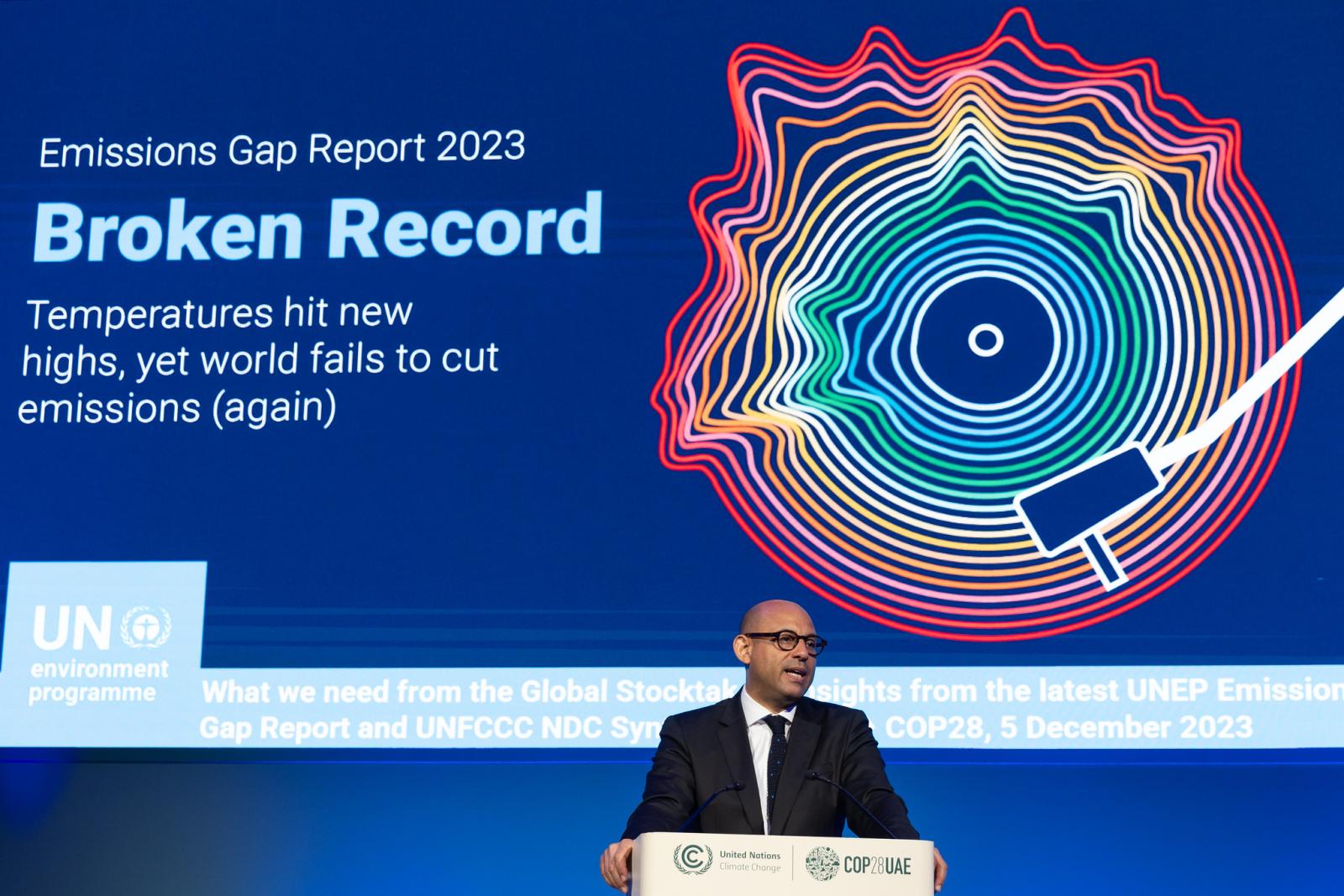Being the largest research program funded by the European Union, Horizon 2020 (H2020) is becoming the arena even for non technical issues related to science. The knowledge economy has a core related to political and, mostly, ethical issues. These dimensions do not belong to mere technical question but to more wide questions, that can be summarized into: which are the ethical boundaries in H2020? Which will be the rules for European scientific research in future?
In a workshop run by the Faraday Institute for Science and Religion in Cambridge (Uk) and hosted by the Norwegian Mission to the EU, 30 most preminent European scientists tried to give a first answer. Diana J. Beech, research associate at the Faraday Institute at Cambridge, explained which questions scientists were asked to face. “where is Era (the European Research Area) going? Where should it be going? And what is needed to keep it on the ‘right’ track for the future?”. And more: “what responsibility, if any, do Era policy-makers have to ensure that Europe’s research outputs are used for the good of the wider society? To what extent do researchers receiving EU funds, and their institutions, share this responsibility? And how do we ensure a basic level of scientific integrity, particularly in the light of Horizon 2020’s emphasis on collaborations across borders, disciplines and sectors?”
The answers, of course, are not simple or brief. Results of this discussion will be released shortly, but will not be officially binding for the H2020 program, although it is quite sure that they will be an important beginning for future discussions. Previously, ethical rules in the Seventh Framework Program (Fp7) were built on technical/political basis. The general principle was borrowed from the legal European framework, recalling the principle of subsidiarity with which decisions are taken as closely as possible to the citizen, meaning that “Union does not take action, unless it is more effective than action taken at national, regional or local level”. Ethics, being one of the hot-spot in scientific research, is better discussed on local basis – someone views it as a principle of democracy, some other as a disclaimer for responsibility by the EU.
So, in Fp7 ethical issues were linked to the legal rules at the National stage, keeping an eye on the international agreements on human rights. This means that, according to a summary made by the FP7 Ireland, they have to be in “compliance with National regulations and international codes of conduct” and have to take care of “local ethics committee’s opinions and authorizations required from competent bodies”. Moreover, FP7 was called to be an example for shared practice in ethics, an example for the rest of the world: the Green Paper “The European Research Area: New Perspectives”, released in April 2007, stated that Fp7 had to be a “framework of common basic ethical principles and on the basis of agreed practices that can inspire the rest of the world”.
Beyond proclamations, Fp7 ethical policy seemed to be a way to escape a general agreement on ethical issues, while settling the problem with the “common basic ethical principles”, namely the common sense of scientists and ethics committees. Some stakeholders, such as the Comece (the Commission of the Bishops' Conferences of the European Community) already stressed that in H2020 “some major ethical problems remain and it appears that on many aspects the new framework is even weaker than the current one [i.e FP7]”. However, it seems clear that on the institutional side, the practices followed in FP7 still remain for H2020.
In an effective handbook prepared by the Danish Agency for Science, Technology and Innovation for researchers who wish to participate in H2020, it has been established that the ethical rules “will continue as in FP7: participants shall comply with national legislation, regulations and ethical rules in the countries where the activities will be carried out. Where appropriate, participants shall seek the approval of the relevant national or local ethics committees prior to the start of the action. Stem cell research [for instance] can be performed by a participant if in accordance with relevant national legislation”. Said that, a question cannot be dodged. Given the enormous amount of funds, is the principle of subsidiarity still able to face ethical problems that will come out from H2020?


